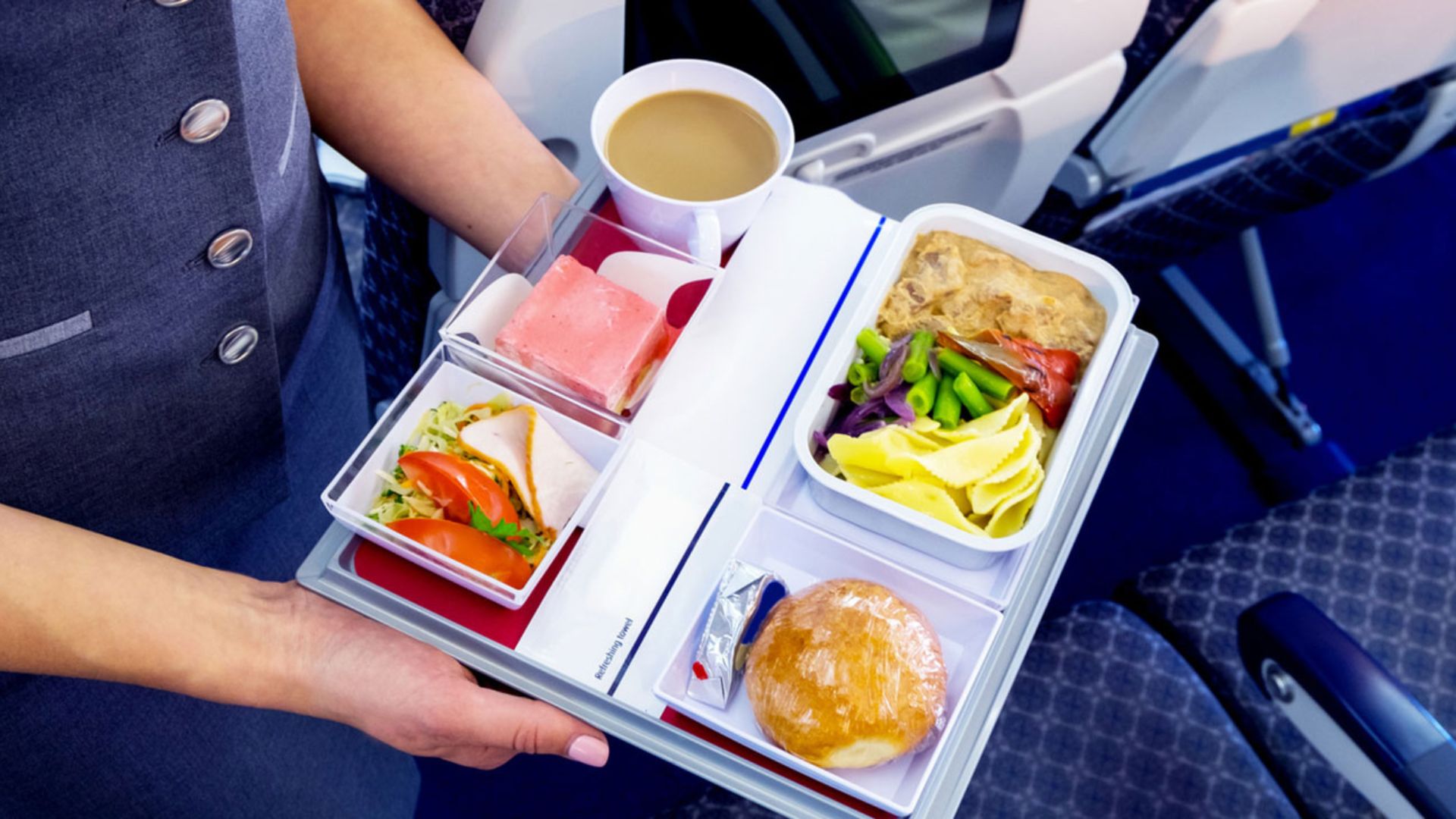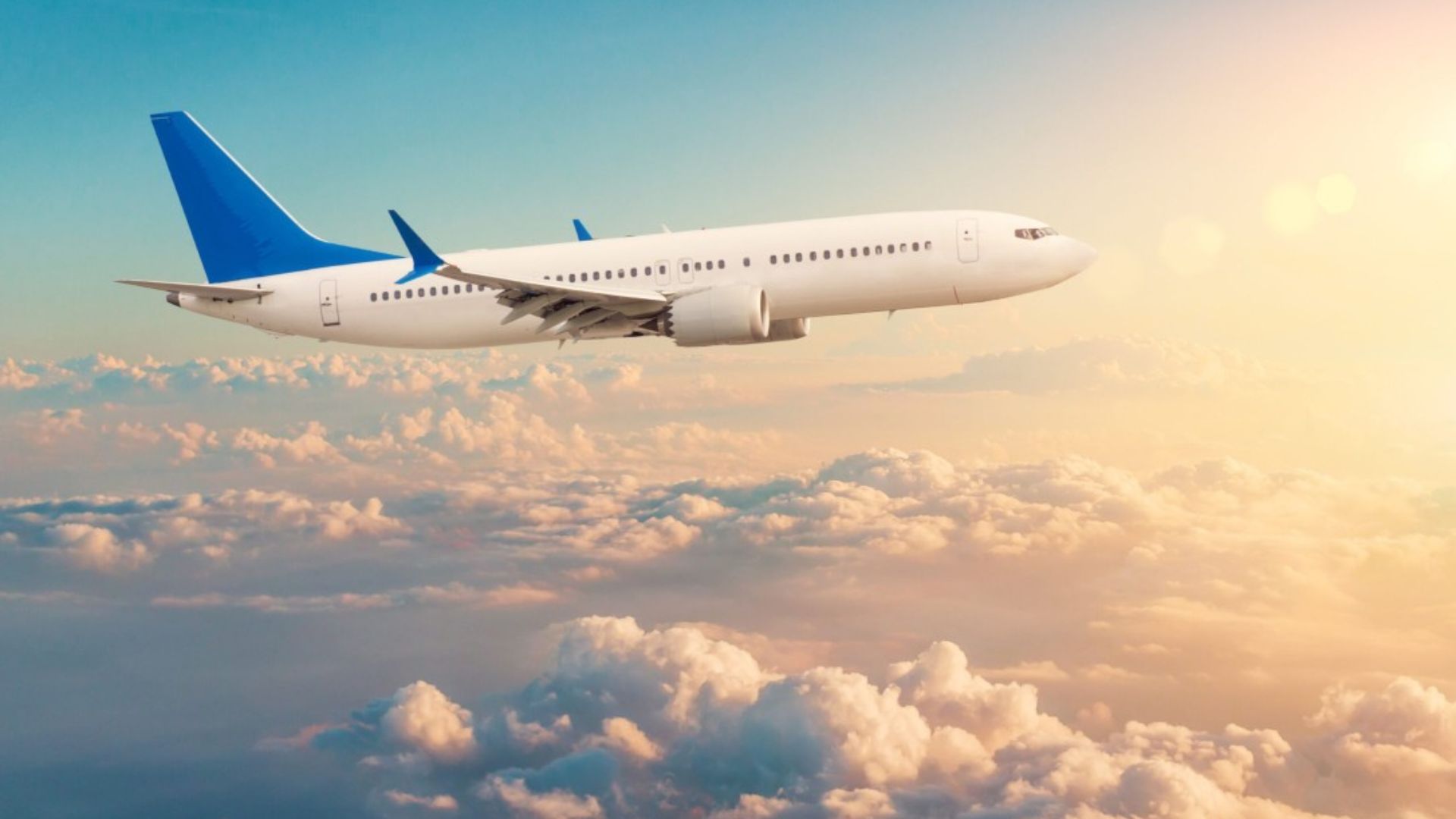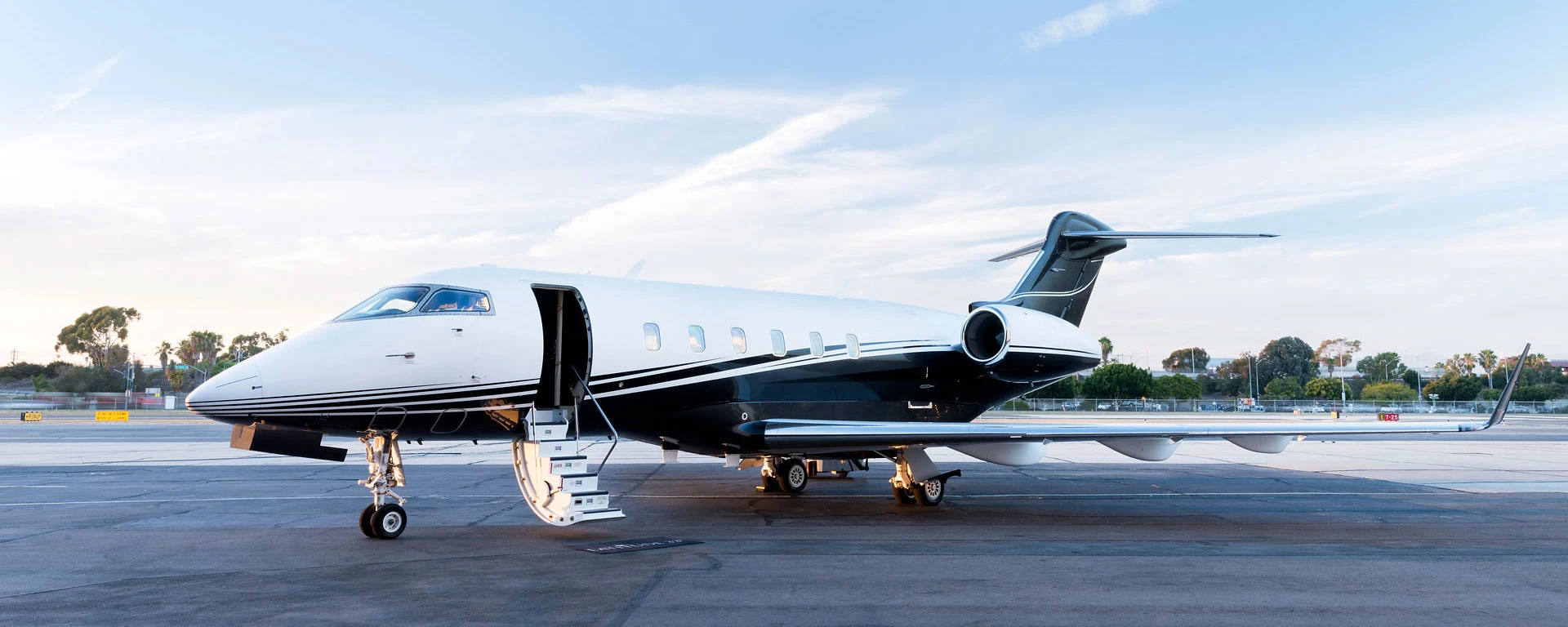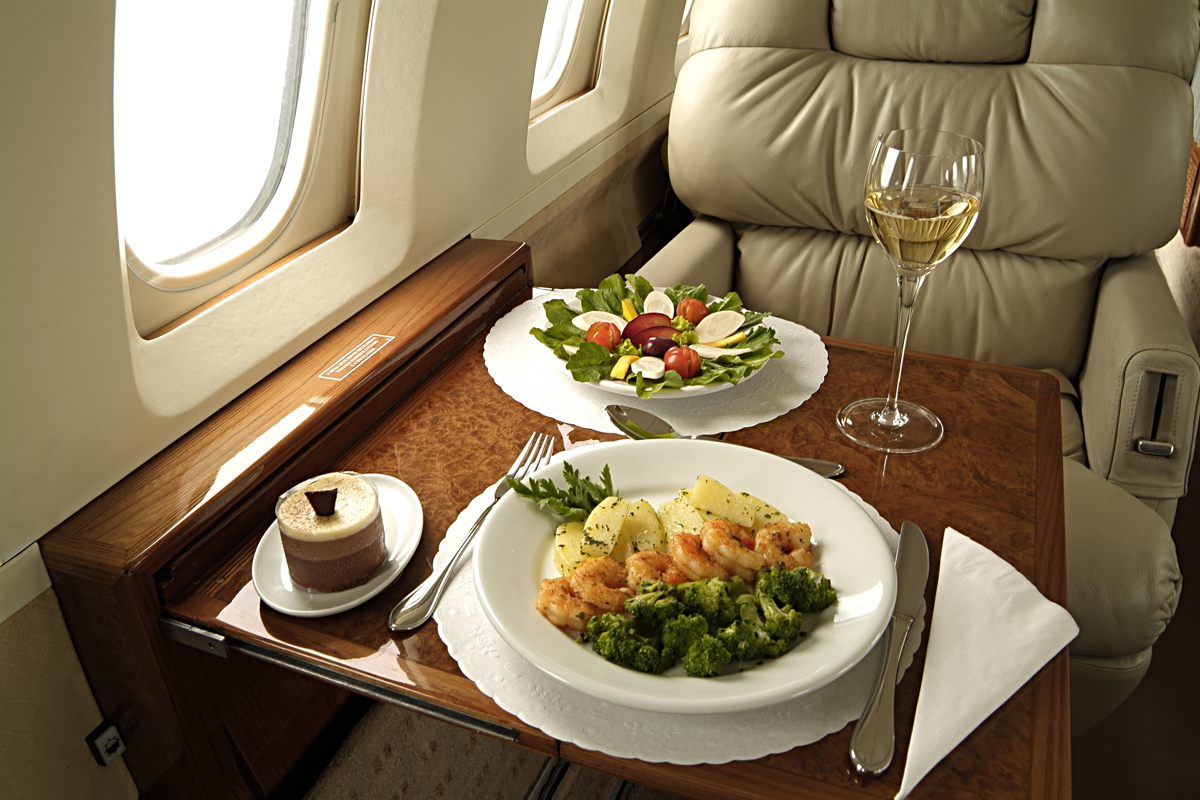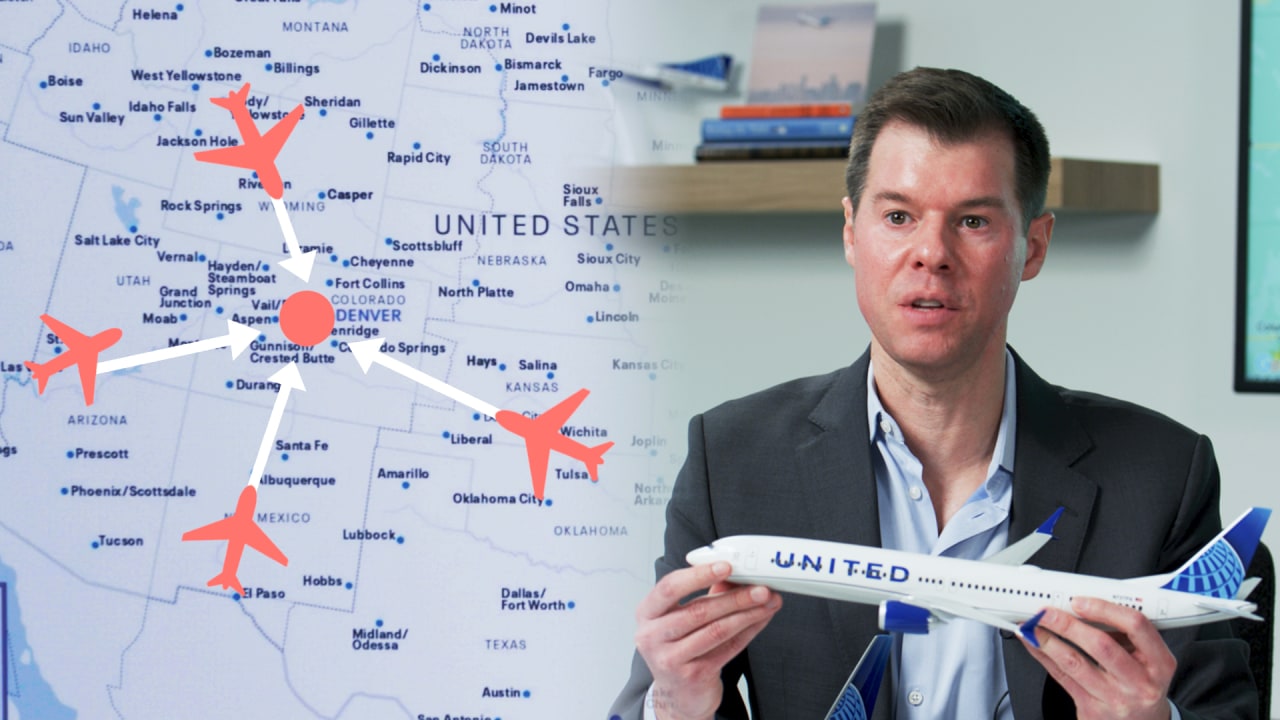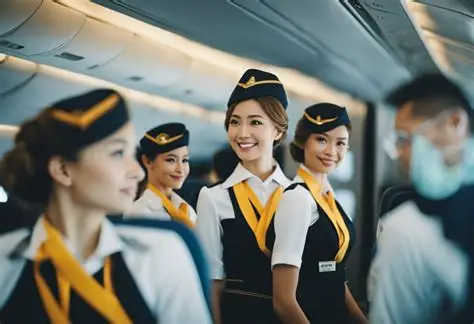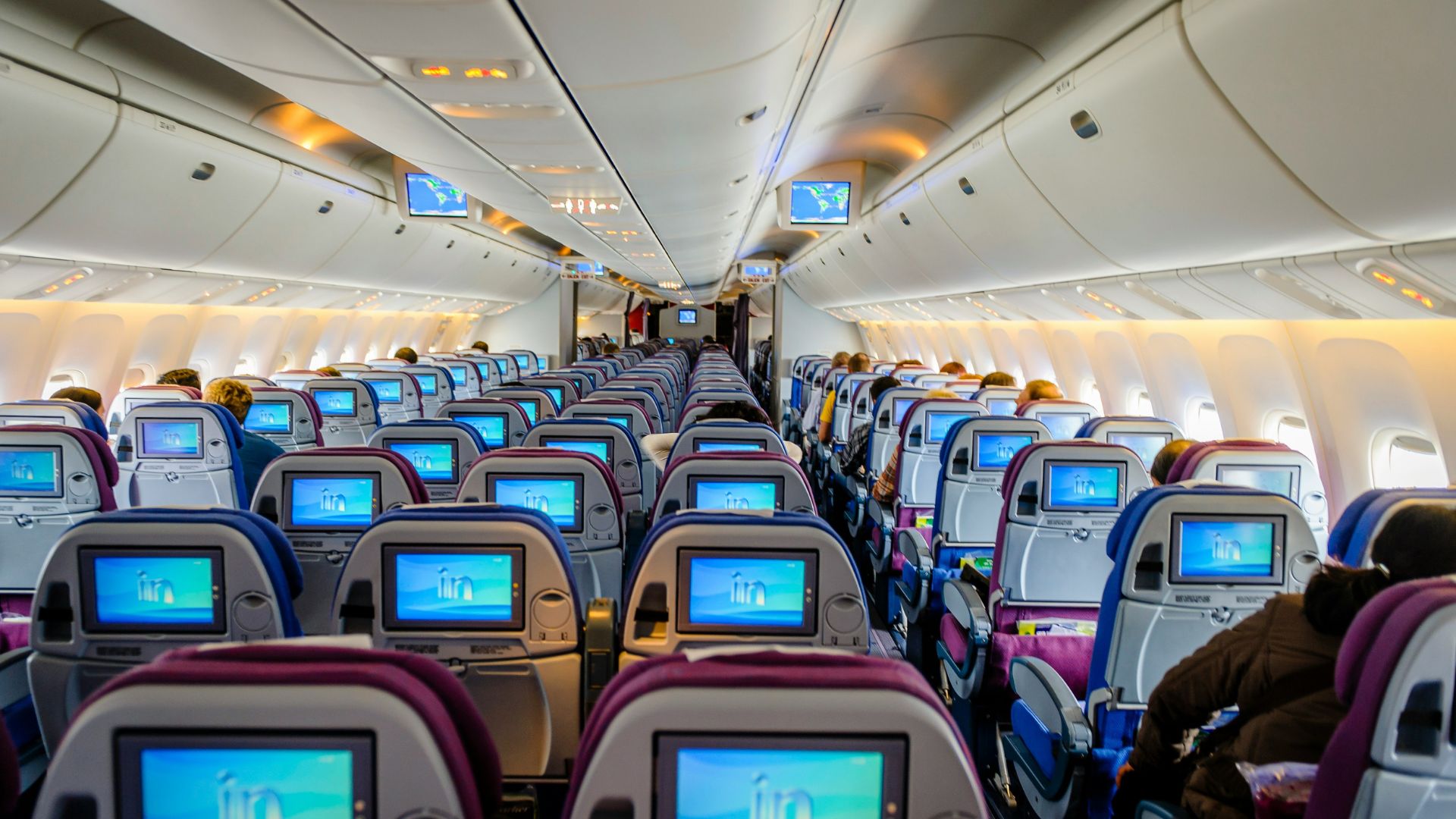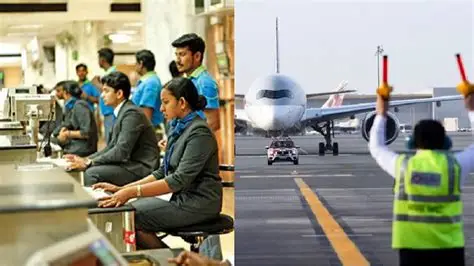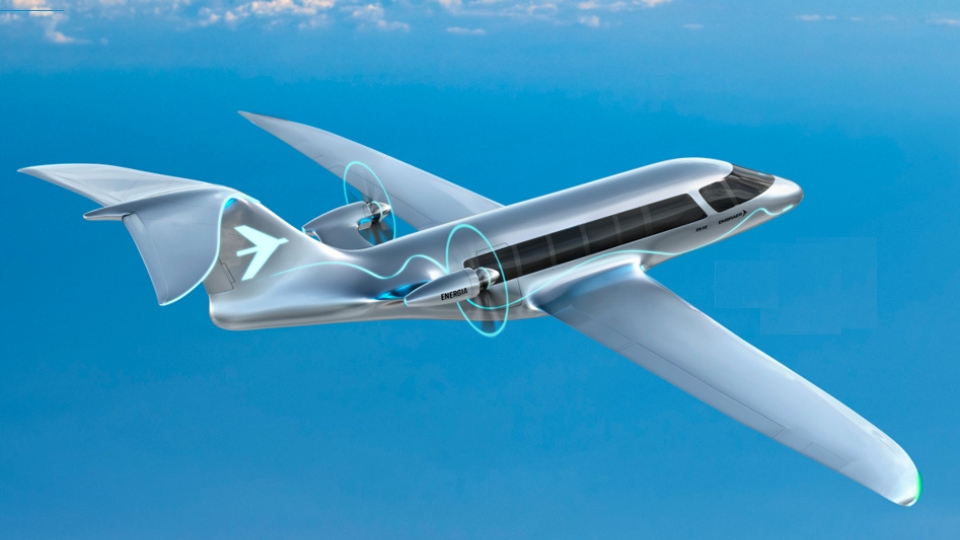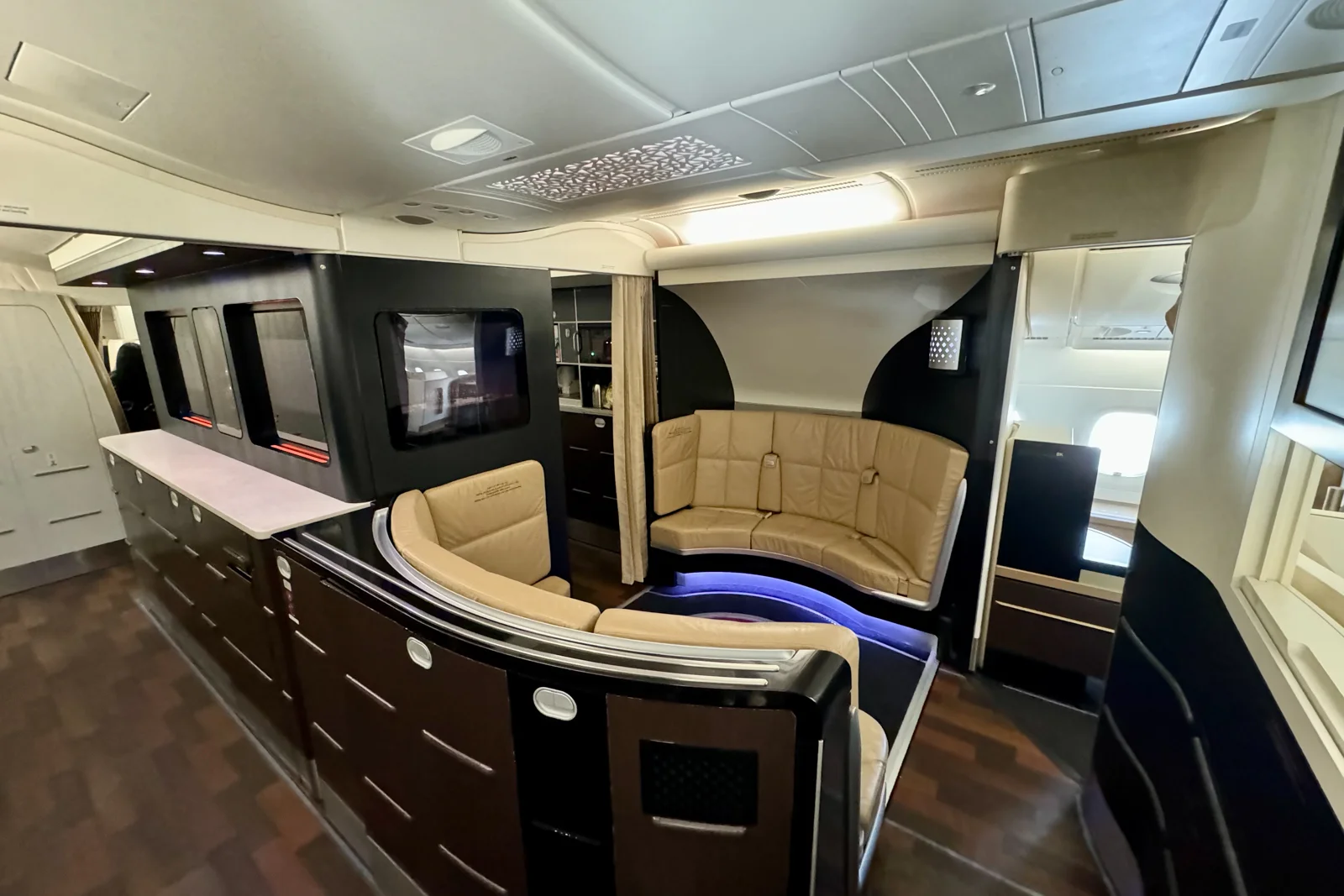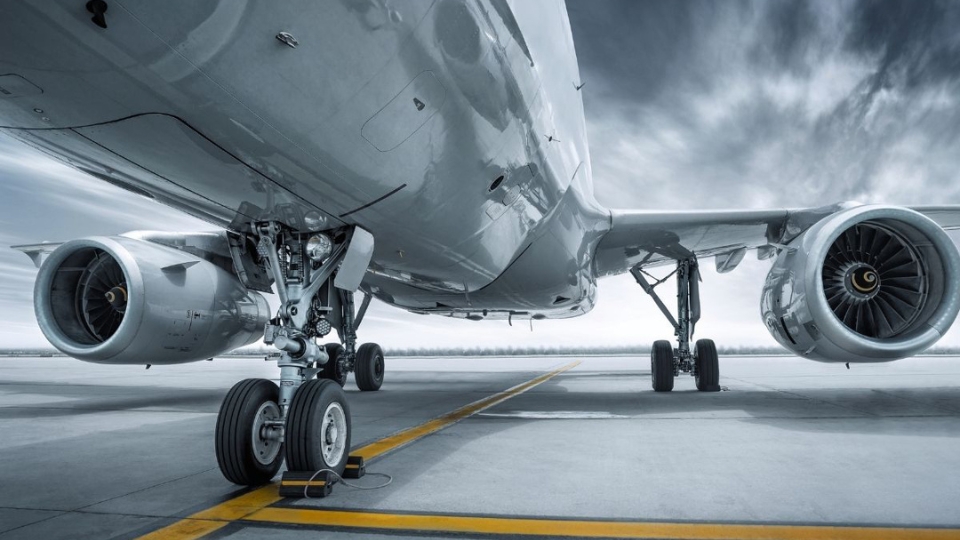When you board an airplane, the cabin crew greet you with a warm smile, assist with your seating, and offer refreshments. Yet, their responsibilities extend far beyond the visible. Cabin crew are highly trained professionals who balance customer service, safety, emergency readiness, and logistical coordination. Their job is physically and emotionally demanding, requiring stamina, skill, and empathy. Let’s take an in-depth look at what cabin crew truly do behind the scenes to keep flights running safely and smoothly.
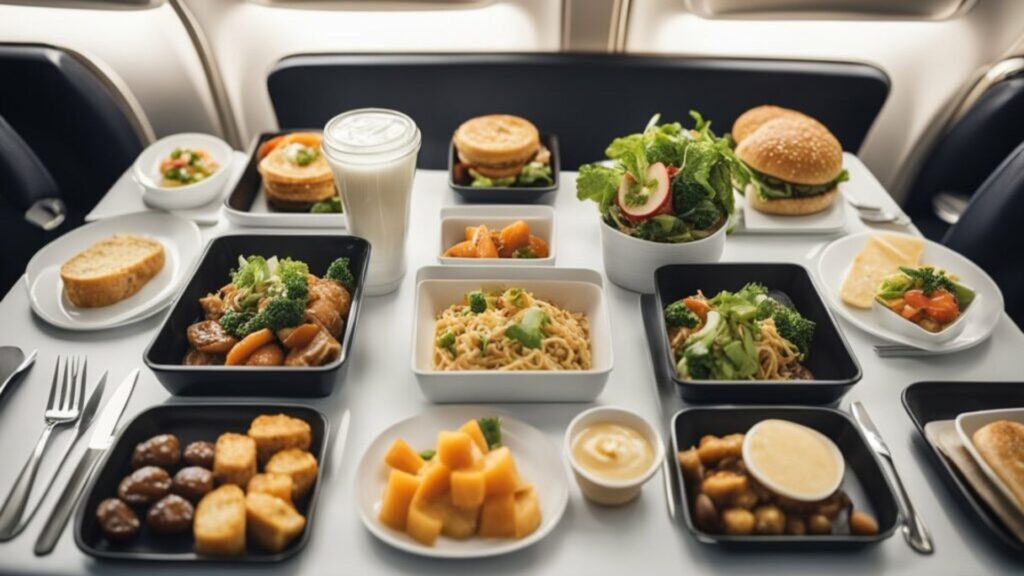
Ensuring Passenger Safety: The Core Responsibility
Passenger safety is the top priority for cabin crew, and their training reflects this focus. Before the plane even takes off, they conduct detailed safety checks, including:
-
Inspecting emergency equipment like life vests, oxygen masks, and fire extinguishers
-
Confirming that emergency exits and aisles are clear
-
Demonstrating safety procedures to passengers in a clear, calm manner
Throughout the flight, cabin crew maintain constant vigilance. They monitor the cabin environment for any signs of distress or safety issues and are prepared to act immediately in emergencies. Whether dealing with sudden decompression, a medical incident, or an evacuation, cabin crew are trained to manage chaos with precision and composure.
Their ability to stay calm under pressure saves lives and ensures everyone onboard follows crucial safety protocols. This combination of preparedness and quick decision-making is fundamental to their role.
Delivering Exceptional Customer Service and Comfort
While safety is paramount, cabin crew also serve as the face of the airline’s customer service. Their role in ensuring passenger comfort includes:
-
Greeting and assisting passengers as they board, helping with seating and carry-on luggage
-
Serving meals, beverages, and catering to special dietary requirements
-
Answering questions about flight details, connections, and onboard amenities
Their interaction style varies depending on passenger needs. For example, they offer reassurance and gentle attention to nervous flyers, engage warmly with families traveling with children, and respect the privacy of business travelers.
Moreover, cabin crew handle sales of duty-free items, conduct announcements, and help passengers adjust during turbulence or long-haul flights. They create a welcoming environment, making passengers feel cared for throughout the journey.
Managing Conflict and Challenging Situations
Flying can be stressful, and not all passengers remain calm or cooperative. Cabin crew often find themselves navigating difficult situations, including:
-
Handling disruptive or intoxicated passengers who may pose safety risks
-
Mediating conflicts between passengers to maintain a peaceful cabin
-
Enforcing safety rules, such as seatbelt compliance and electronic device usage
Cabin crew receive specialized training in conflict resolution, negotiation, and communication. They know how to defuse tension with calm authority and empathy, ensuring that safety is never compromised while maintaining respect and dignity for all.
Behind-the-Scenes Preparations: Pre-Flight and Post-Flight Duties
Many passengers don’t realize the extensive groundwork cabin crew undertake before takeoff and after landing. Their behind-the-scenes duties include:
-
Checking emergency equipment and first aid kits to ensure everything is onboard and functional
-
Restocking galley supplies like food, drinks, blankets, and other necessities
-
Coordinating with ground staff to facilitate smooth boarding and efficient disembarkation
This preparation requires attention to detail and efficiency to guarantee that the cabin is ready for the next group of travelers. Proper restocking and inspection reduce the risk of delays and contribute to passenger satisfaction.
Physical and Mental Demands of the Job
The cabin crew role is physically and mentally demanding. Crew members:
-
Spend long hours on their feet in a confined space
-
Manage jet lag and irregular schedules, often crossing multiple time zones
-
Handle emotional stress from high-pressure situations or difficult passengers
They maintain professional composure despite fatigue, adapting quickly to changing conditions and unexpected challenges. Physical fitness, mental resilience, and stress management techniques are essential for success in this role.
Embracing Cultural Sensitivity and Diversity
Global flights carry passengers from diverse cultures and backgrounds. Cabin crew must:
-
Understand and respect different customs, traditions, and etiquette
-
Communicate effectively despite language barriers
-
Show patience and cultural awareness to enhance passenger comfort
This cultural sensitivity fosters a respectful atmosphere onboard and reflects positively on the airline’s brand worldwide.
Conclusion
Cabin crew play a vital role far beyond what meets the eye. They expertly balance safety, comfort, conflict management, and logistics under physically and mentally demanding conditions. Their commitment ensures that every passenger experiences a safe, smooth, and pleasant journey.
The next time you board a flight, remember the professionalism and dedication working tirelessly behind the scenes to keep you safe and comfortable at 35,000 feet.

